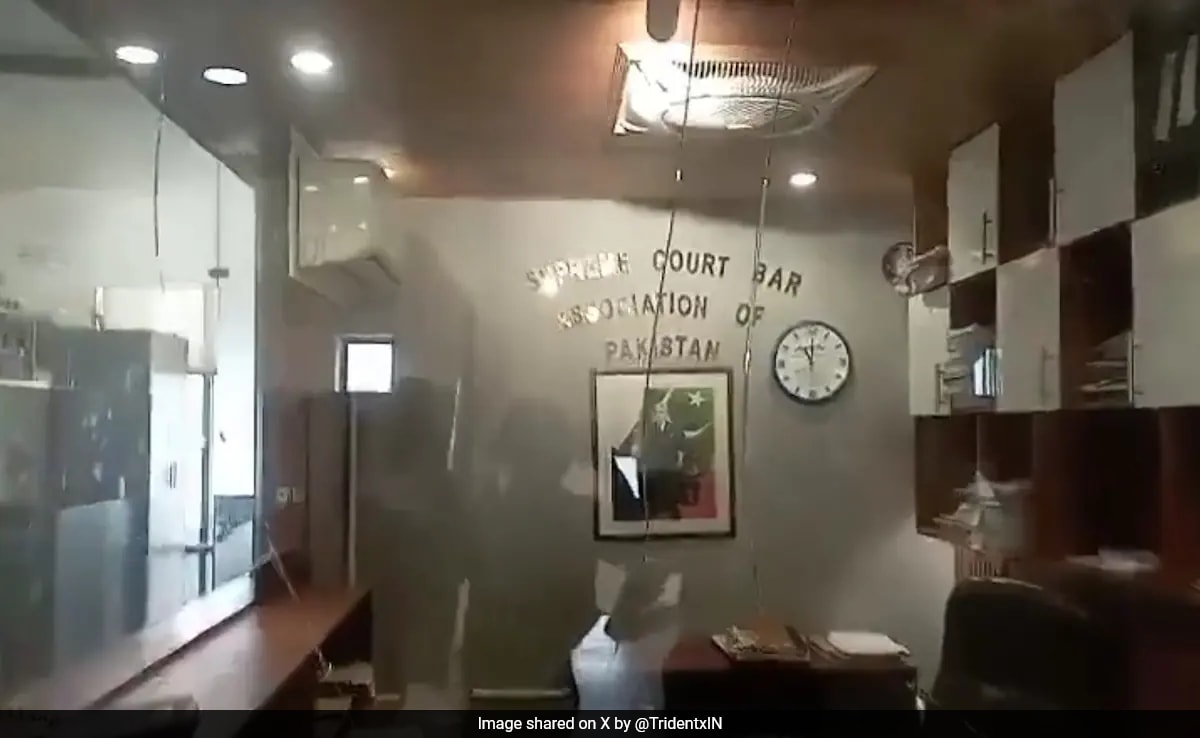A senior official of the National Resistance Front of Afghanistan, who spoke on the condition of anonymity due to the sensitivity of the matter, confirmed that the Taliban had taken over. “Yes, Panjshir has fallen. Taliban took control of government offices. Taliban fighters entered into the governor’s house,” the person said.
Here’s what to know
Ahmad Massoud, head of the resistance, is “at [a] safe place,” the official said, adding that Amrullah Saleh, another senior anti-Taliban leader who had served as vice president of the ousted government, had fled for Tajikistan.
The Taliban’s victory followed an extended period of heavy fighting between resistance guerrillas and Afghanistan’s new rulers. Resistance fighters set up a base in the Panjshir Valley days after the Taliban seized control of Kabul last month, convinced that they could hold a valley that was never conquered by the Taliban in the 1990s nor by the Soviet Union in its nearly decade-long occupation in the 1980s.
News of the conquest came after a brutal weekend that placed the Taliban’s treatment of women again in the spotlight as it prepares to announce Afghanistan’s new leadership and welcomes a resumption of international aid that could be contingent on the new regime protecting basic human rights.
A policewoman was beaten and shot dead by Taliban militants in front of relatives at her home in central Ghowr province on Saturday, the BBC reported, citing eyewitnesses. The Taliban denied killing the woman — who, according to reports, was eight months pregnant — and said they were investigating the incident.
Separately, a Taliban spokesman told The Guardian that the group had detained four men who allegedly struck female protesters during a Saturday demonstration against the Taliban’s extreme interpretation of Islamic law, which sharply curtails women’s political rights.
As the Taliban swept to power last month, the group sought to convince the world that it won’t return to the harsh rule it imposed when it last controlled the country, from 1996 to 2001. There is deep skepticism about those promises.
The latest developments add to recent reports of reprisal killings across the country. They could make it harder for the Taliban to convince world leaders to resume the flow of foreign aid that has largely been frozen since it took over Afghanistan.
Taliban officials met in Kabul on Sunday with the United Nations undersecretary-general for humanitarian affairs, who promised to maintain assistance for the Afghan people, Taliban spokesman Suhail Shaheen said.
The head of the International Committee of the Red Cross also arrived in the country on Sunday to visit aid operations. In a video message, Peter Maurer said he would talk to authorities about ensuring “neutral, impartial and independent humanitarian action” continues.
The U.N. has warned of an impending humanitarian crisis in Afghanistan, where foreign aid made up much of the previous Western-backed government’s budget.
The new regime is hoping to reopen Kabul airport to international flights, which will be a major pipeline for aid delivery. A few domestic flights were able to resume after Qatari engineers set up temporary radio communications between air traffic controllers and pilots last week. But a top aviation official told The Washington Post that there were no radar or navigation systems in place, preventing international commercial flights from restarting.
Meanwhile, in Mazar-e Sharif, airplanes with Americans and interpreters have been waiting on the ground for days amid conflicting reports that they are being held up either by the Taliban or awaiting State Department clearance for departure.
Rep. Michael McCaul (R-Tex.) said on “Fox News Sunday” that the planes were waiting for clearance from the Taliban in what he described as “a hostage situation.” But Eric Montalvo, a former Marine Corps officer and attorney heading coordination for three of the charter planes in Mazar, told The Post it is the U.S. State Department that must tell the Taliban that the flights are authorized to depart for Qatar.
A State Department spokeswoman said that the department no longer has personnel on the ground after the U.S.-led evacuation mission ended last month, and it doesn’t control the airspace “whether over Afghanistan or elsewhere in the region.”
“Given these constraints, we also do not have a reliable means to confirm the basic details of charter flights, including who may be organizing them, the number of U.S. citizens and other priority groups onboard, the accuracy of the rest of the manifest, and where they plan to land, among many other issues,” the spokeswoman said.
The United States will, however “hold the Taliban to its pledge to let people freely depart Afghanistan,” she added.
Susannah George, Ezzatullah Mehrdad, Shaiq Hussain and Sammy Westfall contributed reporting.
.png)











 English (United States) ·
English (United States) ·  Turkish (Turkey) ·
Turkish (Turkey) ·